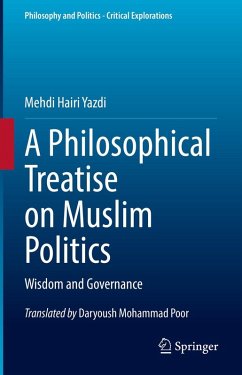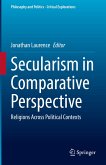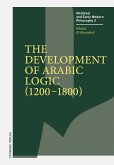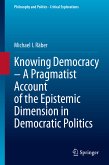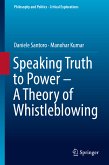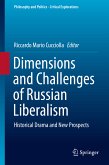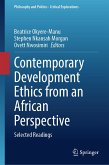This theory is currently the governance theory in Iran and this book provides a critique based on both philosophical and traditional arguments. It asks numerous questions, such as: 'Is the governance of jurists philosophically coherent, rational and efficient?' and 'How can Muslim communities have their own forms of governance in such a manner that their faith commitments are met while living in their own time without clashing with universal values of governance?' and debunks the key foundation of the guardianship of the jurist.
The present translation makes accessible, for the first time, the text of this critique in English, and provides a competing narrative based on his theory of joint public ownership in political theory.
Dieser Download kann aus rechtlichen Gründen nur mit Rechnungsadresse in A, B, BG, CY, CZ, D, DK, EW, E, FIN, F, GR, HR, H, IRL, I, LT, L, LR, M, NL, PL, P, R, S, SLO, SK ausgeliefert werden.

